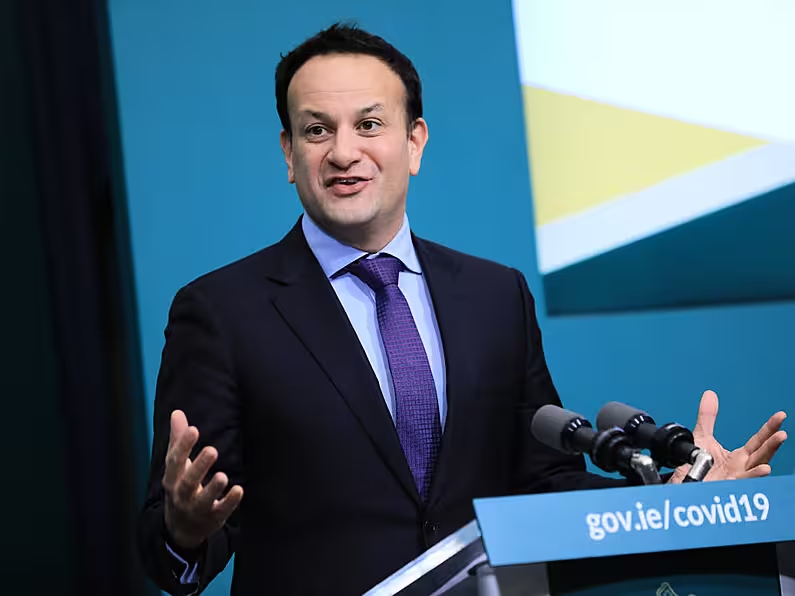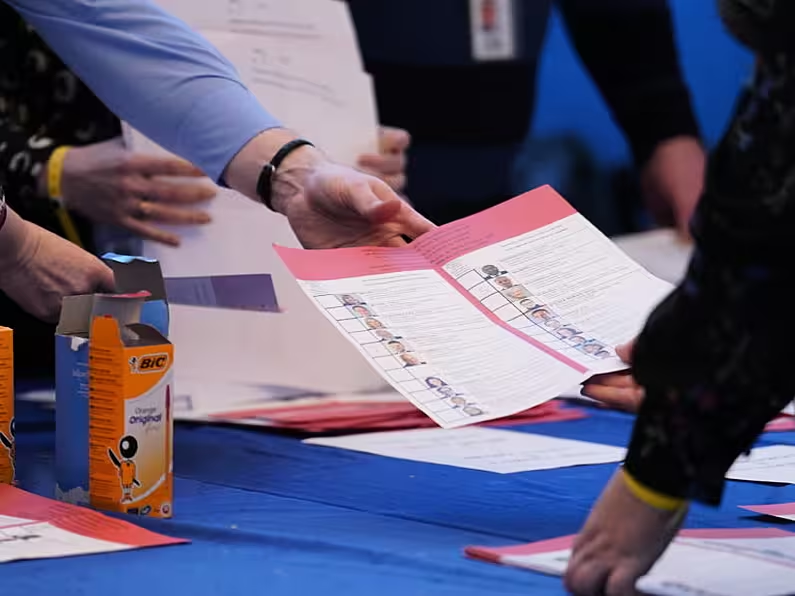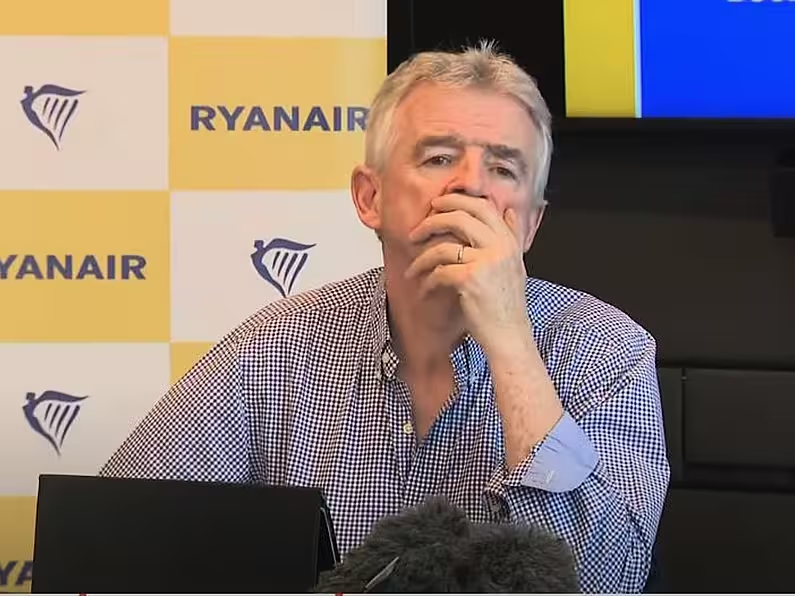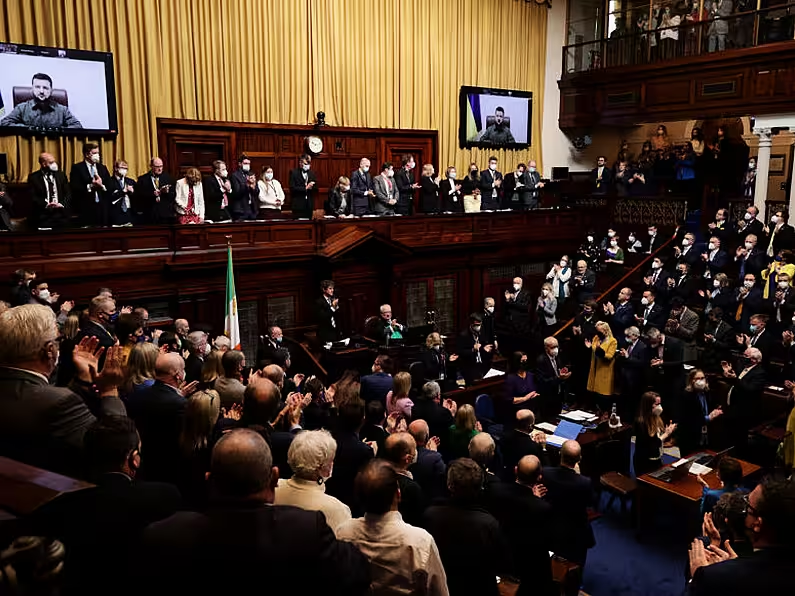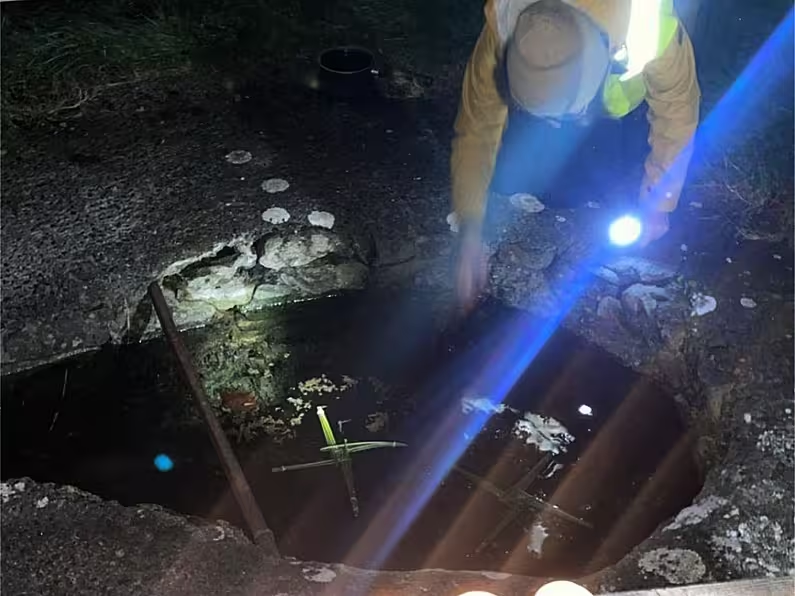By Michelle Devane, PA
Ireland’s delay in ratifying the EU-Canada trade deal sends out the “wrong message” to the world, the Tánaiste has warned.
Leo Varadkar said Ireland has an “even bigger” responsibility as a champion of free trade since Brexit and that ratification of the EU-Canada Comprehensive Economic and Trade Agreement (Ceta) “drifting indefinitely” would negatively impact investment and employment in the country.
The Ceta trade deal removes most trade barriers on imports between both regions.
Mr Varadkar said: “I don’t want to see ratification delayed and drifting indefinitely, and for Ireland to have to stand by and watch other member states ratify it ahead of us, and indeed the majority already have.
“I think that would send out the wrong message to the world, one of the waning commitment to trade and free enterprise in Ireland, which would have negative consequences in terms of investment and employment.
“It is my strong view that Ireland should be a leader in Europe on support for free trade.”
Mr Varadkar, the Enterprise, Trade and Employment Minister, told the European Affairs Committee that since the provisional application of Ceta in 2017, the benefits have been “plain to see” and that it made it “easier and cheaper” for Irish companies of all sizes to trade with Canada.
He said goods exports to Canada had increased by 78 per cent, from €953 million in 2016 to more than €1.7 billion in 2020, and services exports had grown by 44 per cent, from €1.6 billion in 2016 to more than €2.3 billion in 2019.
Ceta has been ratified by 15 EU member states to date, but it has faced opposition in Ireland.
Critics of the deal have raised concerns over the investment court system, which will allow corporations to sue the Irish Government for discriminatory practices and regulations that impact their profits.
Opponents of the deal also say it could harm workers’ rights and regulations brought in to tackle environmental problems.
The Green Party has campaigned against the deal for years.
Green TD Patrick Costello has taken a legal challenge over the constitutionality of parts of the deal. with a hearing date set for July.
Mr Varadkar told the committee that the investment court system (ICS), which he described as the “area of most controversy”, is something Europe had “looked for”.
The Fine Gael leader said: “It is there to protect our companies and their workers to ensure they are treated fairly and not discriminated against.
#OireachtasTV - Watch LIVE as the Joint Committee on European Union Affairs meets to discuss the Comprehensive Economic and Trade Agreement (CETA) with Minister @LeoVaradkar #seeforyourself
https://t.co/5C8P3AMQrd https://t.co/mOSugb7AG2— Houses of the Oireachtas (@OireachtasNews) May 26, 2021
“It wasn’t imposed on us by Canada or anybody else.”
He told TDs and senators that investors would be able to use either national courts of the investment court system as a mechanism for dispute resolution but “cannot forum shop — they cannot use both”.
He added: “It is important to remember that a Canadian firm can already sue the Government for alleged unfair treatment or discrimination in our courts whether Ceta exists or not.
“Ceta simply provides an arbitration alternative. However, that alternative, unlike a challenge in the courts, cannot find any act by Government to be ultra vires or unconstitutional — it is only concerned with redress for proven harm.
“As the investor court system tribunal cannot interpret national law or seek to overturn same, there is no question of it overriding national courts or legislatures.
He also told the committee that investors can only use the investment court system in “very specific limited grounds” such as in the case of the denial of justice, or a fundamental breach of due process, or through targeted discrimination for example on the grounds of race, religious belief or gender.
“None of these rights give the Government any concern that Ireland would be subject to ICS proceedings,” he said.



